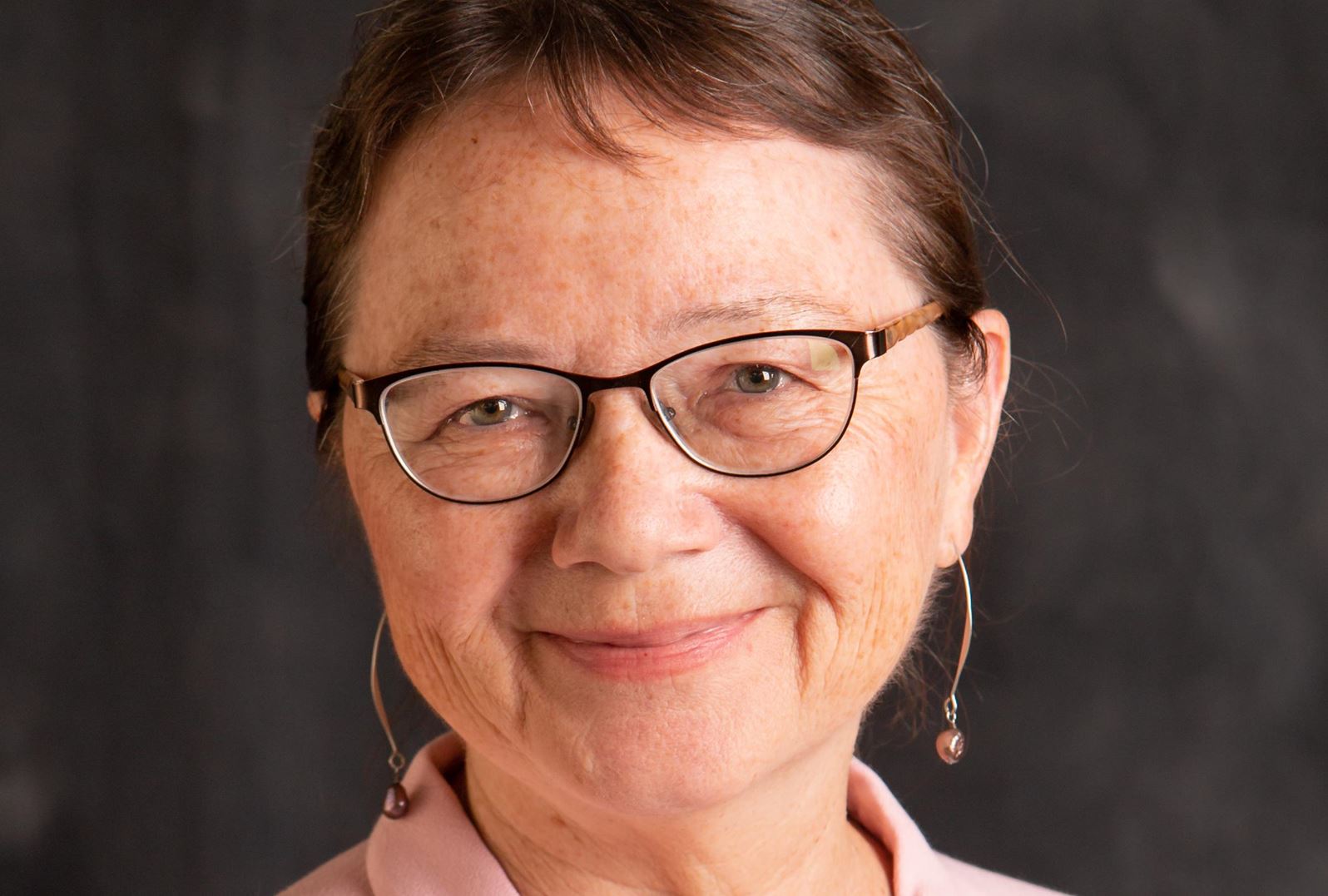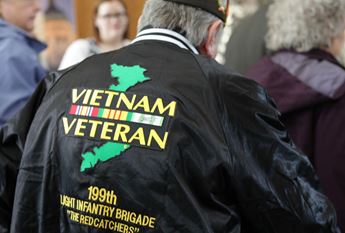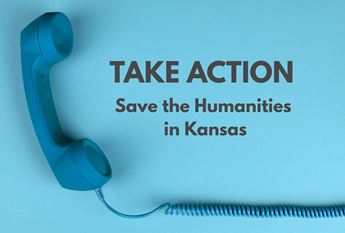

Meet Kim Stanley
June 30, 2020
What's your Kansas story?
I moved here in 1989 to teach English at McPherson College. I was looking for a small liberal arts college on the plains, because I grew up in northwest Texas and I like this kind of country. I met my first farmers’ kids in my classes here, and I learned a lot from them. As one student told me: “In my family, we’re all farmers. We all work hard.”
For the past 27 years, Humanities Kansas has given me the opportunity to travel all over Kansas, from Hoxie to Chanute, and get to know all kinds of Kansans. In Hoxie I met a woman who’d been a lawyer in Argentina; in Chanute, the knitting club came to book discussions and we wove sweaters and stories together; in St. John I learned how to tag a butterfly; at Hutchinson Correctional Institution I learned how books can save a life.
Describe what you do now. What inspires you about what you do?
I’m still teaching composition, poetry, world lit and senior seminar at McPherson College. For HK, I’ve been conducting workshops in writing your story or the story of your family. I’ve heard some great stories: the acrophobic woman restoring the dome of the capitol while tipsy tourists sang “Home on the Range” far below her; the WWII sailor climbing a rope ladder up the side of a ship in a raging storm, at night; the teenager seeing herself in a shower-misted mirror and wondering who she really was. (“Maybe I should straighten my hair?” she thought.)
Why do stories and fresh thinking matter in Kansas today?
Stories matter more than ever. We organize our experience by telling stories – to ourselves and to others. Every time we hear someone else’s story, our picture of the world gets a bit more truthful and a bit more complete.
How would you like to see Kansas evolve in the next five years?
Well, I don’t want us all to migrate to the cities. I hope that internet connectivity can help people find ways to thrive in small communities, and encourage home-coming. I think small towns and cities can nurture human variety. As one woman told a group of readers, “In a small town, a guy may be a nut, but he’s our nut. We invite him to the party.”
What do you wish people understood about Kansas?
I wish they understood that it’s not the black-and-white part of The Wizard of Oz. Folks need to go to an art exhibit in Lincoln, bicycle on a gravel trail in the Flint Hills, or go to Lucas (everyone should go to Lucas). Anyone who thinks a prairie is black-and-white needs to follow a docent on a wildflower tour of the Tallgrass National Prairie Preserve.
Lightning Round:
Would you ever agree to be on a tv or radio game show? If so, which one and why?
I’d be terrified. But if I had to choose one, it would be “Sez You,” on NPR.
What is your favorite book and why?
Too many! Right now I’m re-reading Aravind Adiga’s The White Tiger.
Name your top movie picks.
Oh dear -- I don’t know any movies.
About Kim Stanley
Kim Stanley is a retired professor of English and chair of the Department of Modern Languages at McPherson College. She taught courses in English and world literature, composition, poetry, and creative non-fiction. She enjoys using literature to help people talk and write about their lives and ideas. For Humanities Kansas, she has led book discussions and writing workshops in public libraries, public schools, museums, community colleges, prisons, and retirement communities.



